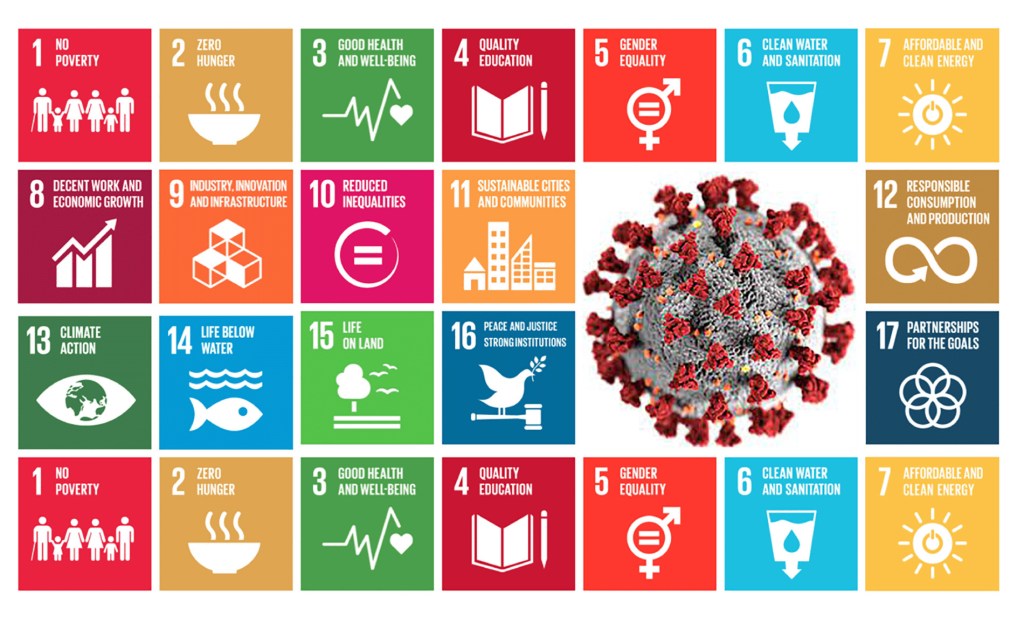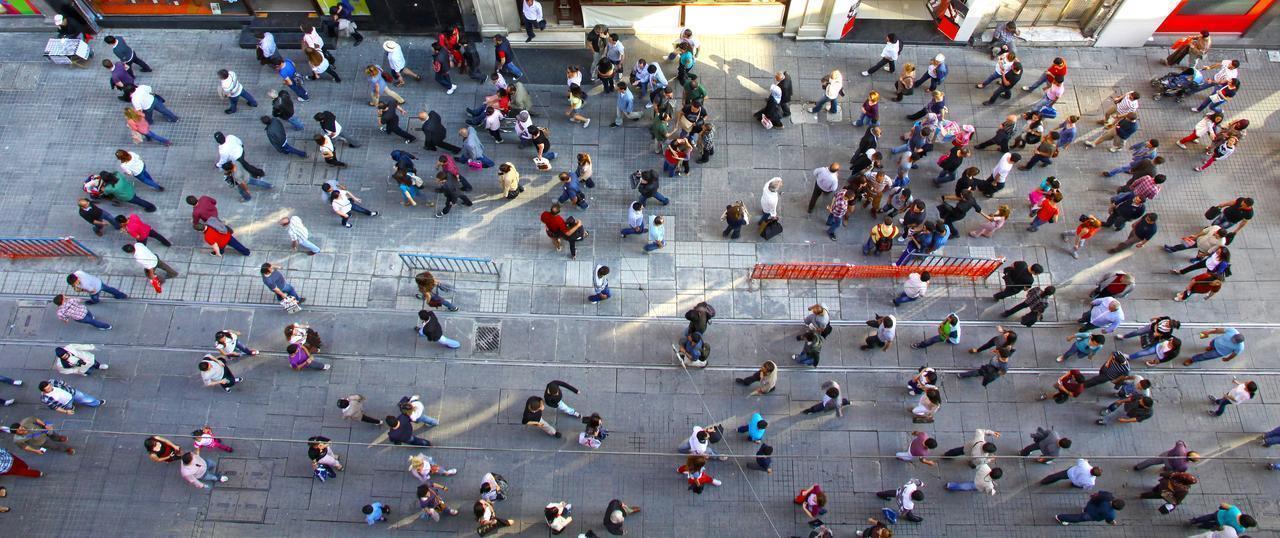Moroccan court upholds prison term for feminist over T-shirt slogan – France 24

Case Report: The Conviction of Ibtissame Lachgar and its Implications for Sustainable Development Goals in Morocco
Executive Summary
A Moroccan court’s decision to uphold a 30-month prison sentence for feminist activist Ibtissame Lachgar raises significant concerns regarding the nation’s commitment to several Sustainable Development Goals (SDGs). The case, centered on blasphemy charges, directly intersects with SDG 16 (Peace, Justice and Strong Institutions), SDG 5 (Gender Equality), and SDG 3 (Good Health and Well-being). This report analyzes the court’s ruling and its broader impact on fundamental freedoms, gender rights, and institutional justice within the framework of the 2030 Agenda for Sustainable Development.
SDG 16: Peace, Justice and Strong Institutions
The legal proceedings against Ibtissame Lachgar challenge the principles of justice and the protection of fundamental freedoms as outlined in SDG 16. The case highlights a conflict between national law and international standards for freedom of expression.
- Legal Basis for Conviction: The conviction is based on Morocco’s penal code, which criminalizes “offending the Islamic religion” with sentences of up to five years for offenses committed publicly or via electronic means.
- Judicial Process:
- An initial sentence of 30 months imprisonment and a 50,000 dirham fine was issued.
- The sentence was upheld by a court on appeal.
- The defense team plans a further appeal to a higher court and has requested an “alternate penalty,” such as house arrest or public service.
- Institutional Stance: The prosecution argued for an increased sentence, citing threats to public order and the “spiritual wellbeing of Moroccans.” Conversely, organizations like Human Rights Watch have condemned the sentence as “a huge blow to free speech,” calling for it to be overturned. This demonstrates a significant divergence in the interpretation of justice and public order.
SDG 5: Gender Equality
As a prominent feminist activist, Ibtissame Lachgar’s case is intrinsically linked to the struggle for gender equality and the empowerment of women, a core objective of SDG 5. Her actions and the state’s response underscore the challenges faced by women’s rights advocates in the region.
- Activism and Expression: Lachgar, a 50-year-old clinical psychologist, stated that the message on her T-shirt (“Allah is lesbian”) was a feminist slogan. Her accompanying online text described Islam as “fascist, phallocratic and misogynistic,” framing her protest within a critique of patriarchal structures in religious ideology.
- Barriers to Gender Advocacy: The severe legal repercussions for her expression serve as a deterrent to feminist discourse and activism that challenges traditional or religious norms. This creates a chilling effect on public debate concerning women’s rights and gender equality.
SDG 3: Good Health and Well-being
The case also brings to light critical issues related to SDG 3, which aims to ensure healthy lives and promote well-being for all. The denial of adequate medical care for individuals in state custody is a direct contravention of this goal.
- Medical Status: Lachgar’s lawyers have formally requested her release on medical grounds, citing a need for cancer treatment.
- Urgent Health Needs: It was reported that she requires “critical surgery on her left arm,” with medical professionals warning of a potential amputation if the procedure is not performed promptly.
- State Responsibility: The situation questions the state’s capacity and willingness to provide essential healthcare to its incarcerated population, a fundamental component of ensuring well-being and upholding human dignity as promoted by SDG 3.
Analysis of SDGs in the Article
1. Which SDGs are addressed or connected to the issues highlighted in the article?
-
SDG 5: Gender Equality
The article focuses on Ibtissame Lachgar, a feminist activist prosecuted for her views. Her activism, which she describes as a “feminist slogan,” and her critique of ideologies she deems “phallocratic and misogynistic,” directly relate to the goal of achieving gender equality and empowering women.
-
SDG 16: Peace, Justice and Strong Institutions
This goal is central to the article, which details a legal case involving blasphemy charges, a court sentence, an appeal process, and the application of a national penal code. The involvement of Human Rights Watch and the discussion around “free speech” and “public order” highlight the tension between national laws and fundamental freedoms, which is a key aspect of SDG 16.
-
SDG 3: Good Health and Well-being
The article mentions Lachgar’s health condition, stating she needs “to receive treatment for cancer” and requires “critical surgery on her left arm.” The request for her “release on medical grounds” and the doctors’ warning of potential “amputation” connect the issue of her imprisonment directly to her right to health and access to essential medical care.
-
SDG 10: Reduced Inequalities
Lachgar’s activism against what she terms a “misogynistic” ideology is a fight against inequality based on gender. Her prosecution under a law that is seen by rights groups as a tool to suppress dissent can be viewed as a practice that perpetuates inequality by silencing marginalized or critical voices.
2. What specific targets under those SDGs can be identified based on the article’s content?
-
SDG 5: Gender Equality
- Target 5.1: “End all forms of discrimination against all women and girls everywhere.” Lachgar’s activism, as described in her post against “phallocratic and misogynistic” ideology, is a direct challenge to discriminatory norms and systems against women.
- Target 5.c: “Adopt and strengthen sound policies and enforceable legislation for the promotion of gender equality…” The article highlights how Morocco’s penal code is being used to imprison a feminist activist, raising questions about whether the existing legal framework supports or undermines the promotion of gender equality.
-
SDG 16: Peace, Justice and Strong Institutions
- Target 16.3: “Promote the rule of law at the national and international levels and ensure equal access to justice for all.” The article details the entire judicial process Lachgar is undergoing, from her initial sentence to the appeal. The call by Human Rights Watch to overturn the sentence questions the fairness and justice of the outcome.
- Target 16.10: “Ensure public access to information and protect fundamental freedoms, in accordance with national legislation and international agreements.” This is a primary focus. Lachgar was arrested for an online post, and Human Rights Watch explicitly called the sentence a “huge blow to free speech,” directly referencing this fundamental freedom.
-
SDG 3: Good Health and Well-being
- Target 3.8: “Achieve universal health coverage, including… access to quality essential health-care services…” The article’s mention of Lachgar’s need for “critical surgery” for cancer while imprisoned highlights the issue of access to essential and timely healthcare for detainees, a key component of universal health access.
-
SDG 10: Reduced Inequalities
- Target 10.3: “Ensure equal opportunity and reduce inequalities of outcome, including by eliminating discriminatory laws, policies and practices…” The application of the blasphemy law to a feminist activist can be interpreted as a practice that leads to unequal outcomes, specifically by silencing those who challenge established social and religious norms related to gender.
3. Are there any indicators mentioned or implied in the article that can be used to measure progress towards the identified targets?
The article does not provide quantitative data but implies several qualitative and case-specific indicators:
- Indicator for Target 16.10: The case of Ibtissame Lachgar itself serves as an indicator. The prosecution and imprisonment of an individual for an online post is a direct measure of the state of freedom of expression. A formal indicator would be the “number of verified cases of killing, kidnapping, enforced disappearance, arbitrary detention and torture of journalists, associated media personnel, trade unionists and human rights advocates.” Lachgar’s case falls under arbitrary detention of a human rights advocate.
- Indicator for Target 16.3: The existence and application of specific articles within the national penal code, such as the one cited that criminalizes “anyone who offends the Islamic religion,” serves as an indicator of the legal framework’s alignment with international human rights standards on justice and freedom.
- Indicator for Target 3.8: The report of a prisoner needing “critical surgery” and facing the risk of “amputation” if not treated is a case-study indicator of the accessibility and quality of healthcare within the prison system. It points to potential gaps in providing essential health services to the incarcerated population.
4. Summary Table of SDGs, Targets, and Indicators
| SDGs | Targets | Indicators (Implied from the article) |
|---|---|---|
| SDG 5: Gender Equality | 5.1: End all forms of discrimination against women. 5.c: Adopt and strengthen policies for gender equality. |
The prosecution of a feminist activist for challenging “misogynistic” ideology, indicating a conflict between state law and gender equality promotion. |
| SDG 16: Peace, Justice and Strong Institutions | 16.3: Promote the rule of law and ensure equal access to justice. 16.10: Protect fundamental freedoms. |
The case of an individual being sentenced to prison for an online post under a blasphemy law; the existence of a penal code that criminalizes “offending the Islamic religion.” |
| SDG 3: Good Health and Well-being | 3.8: Achieve universal health coverage and access to quality essential health-care services. | The reported case of a prisoner needing “critical surgery” for cancer and facing delays or denial of adequate medical care. |
| SDG 10: Reduced Inequalities | 10.3: Ensure equal opportunity and eliminate discriminatory laws and practices. | The use of a blasphemy law to silence a feminist voice, indicating a practice that creates unequal outcomes for those challenging social norms. |
Source: france24.com

What is Your Reaction?
 Like
0
Like
0
 Dislike
0
Dislike
0
 Love
0
Love
0
 Funny
0
Funny
0
 Angry
0
Angry
0
 Sad
0
Sad
0
 Wow
0
Wow
0



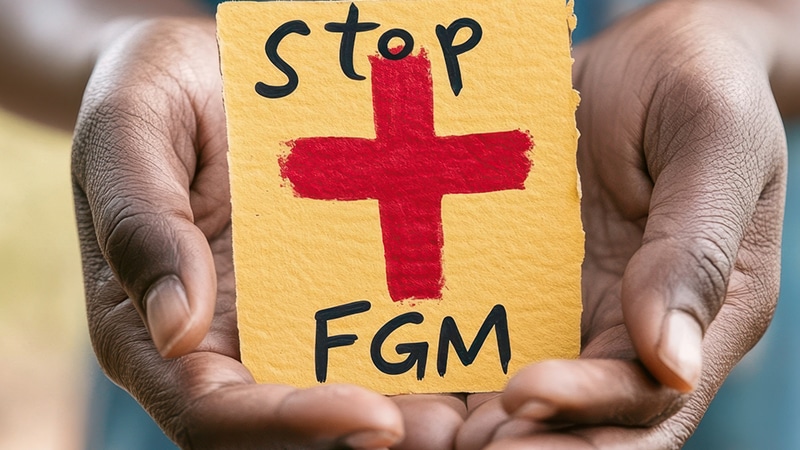

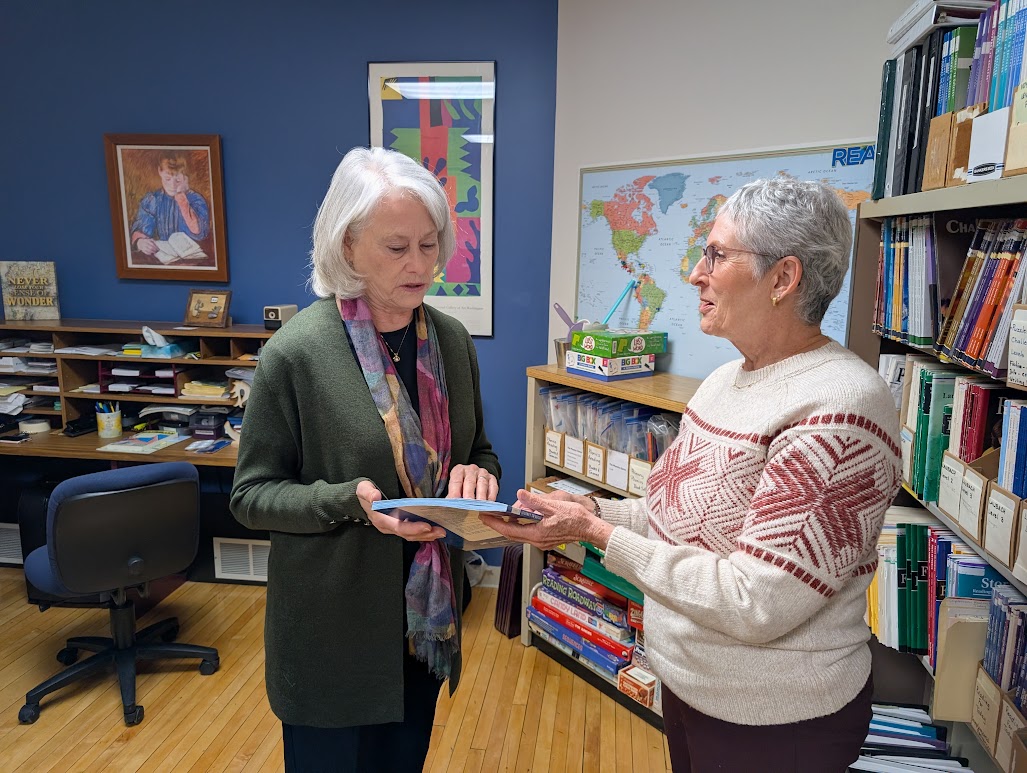
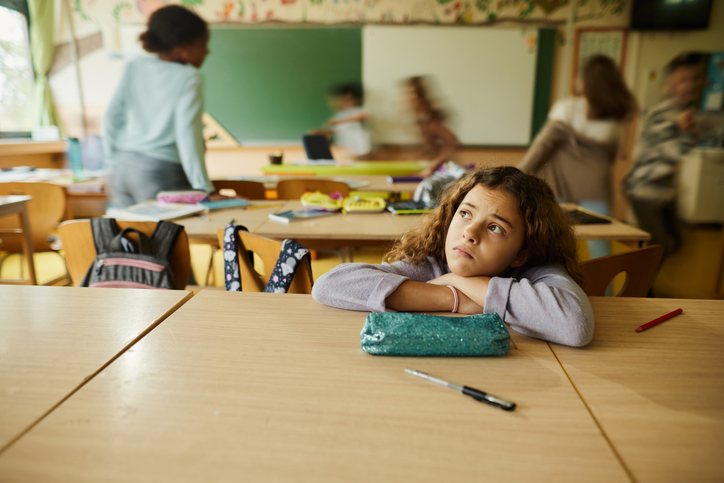



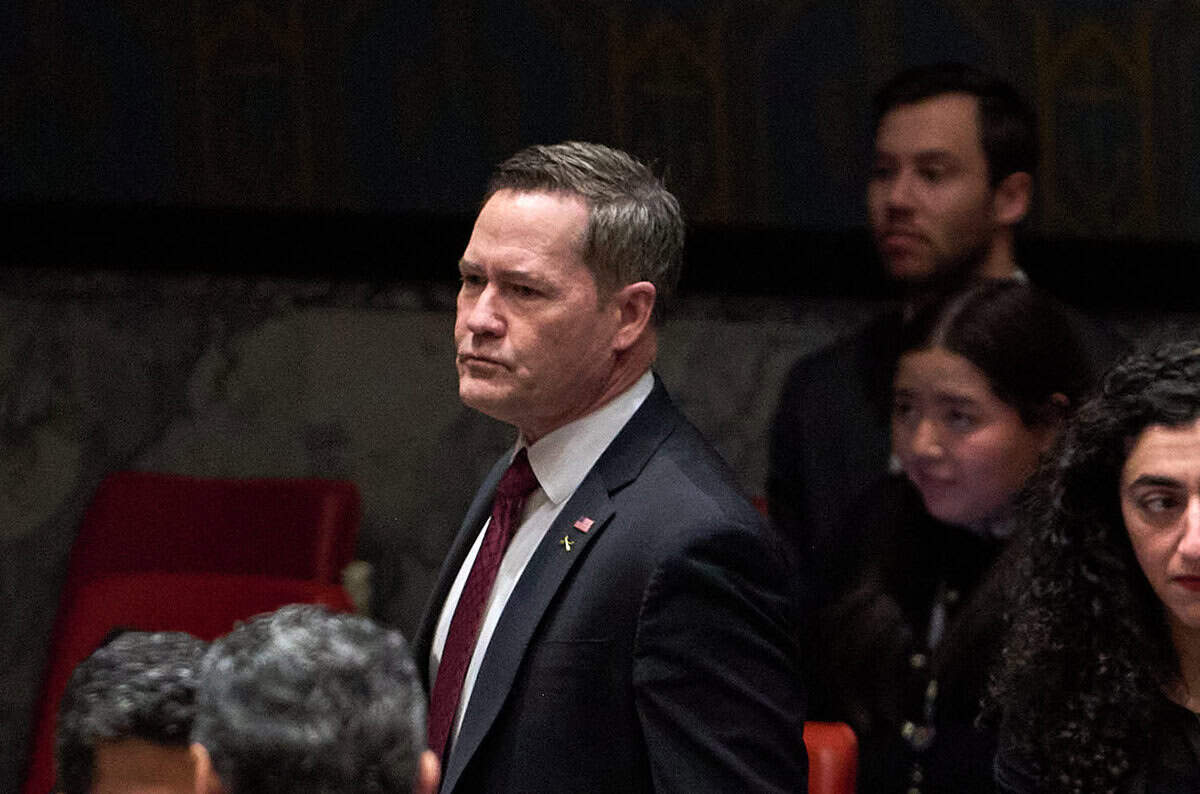




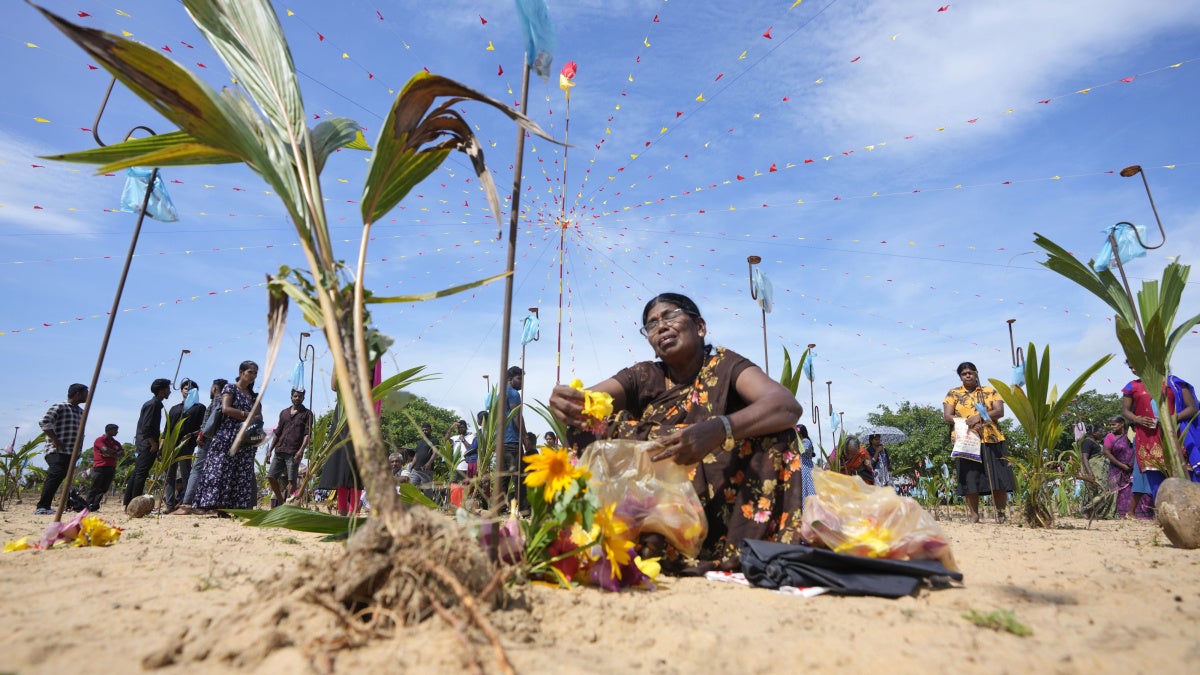



















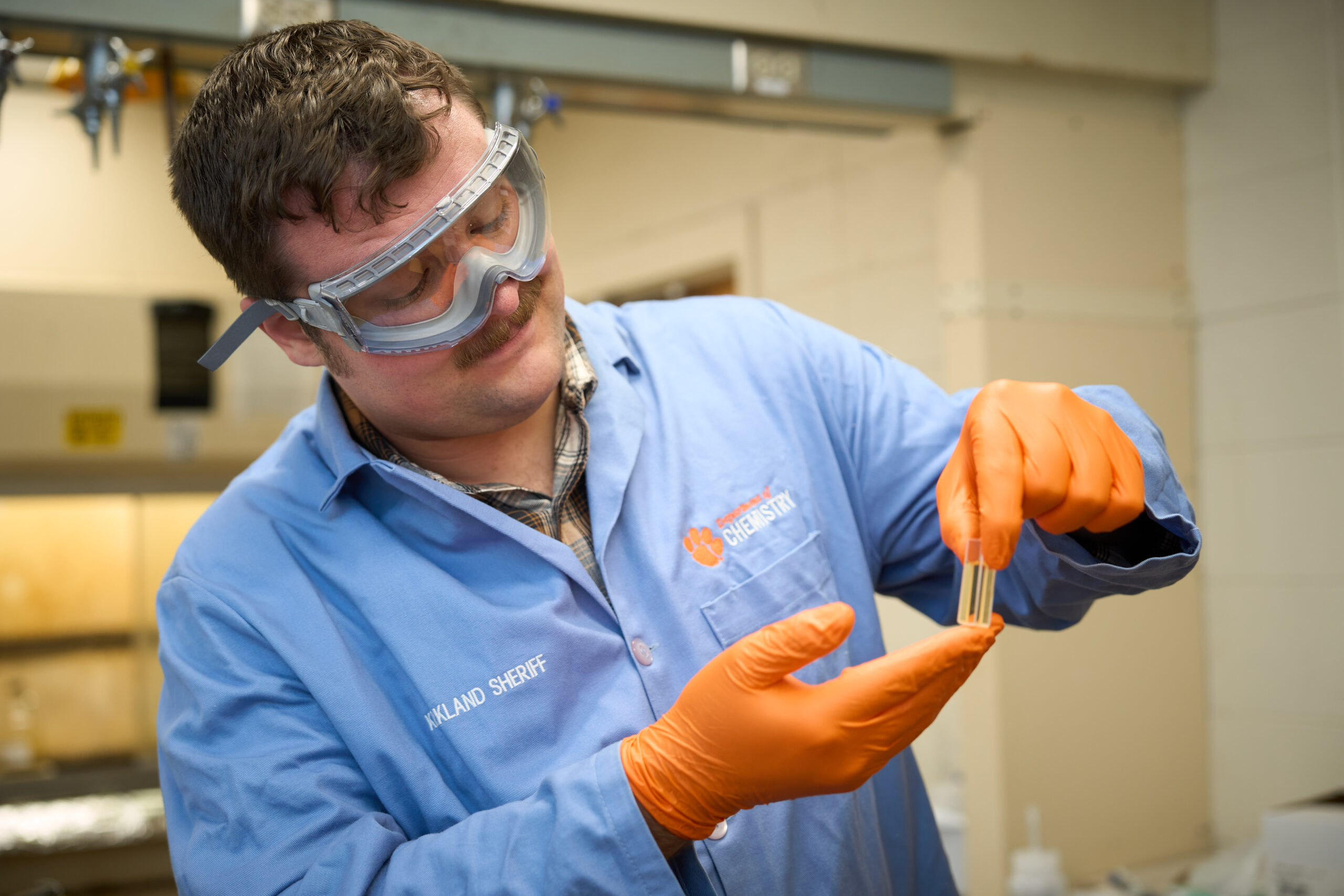








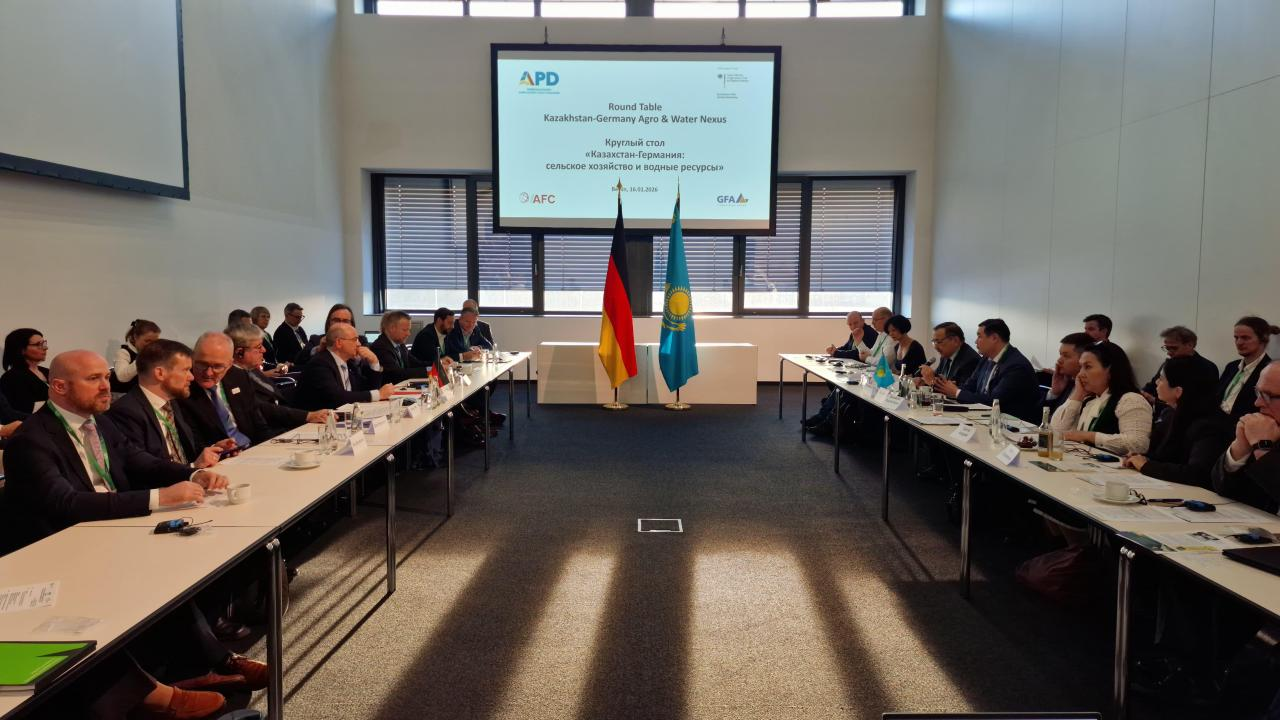
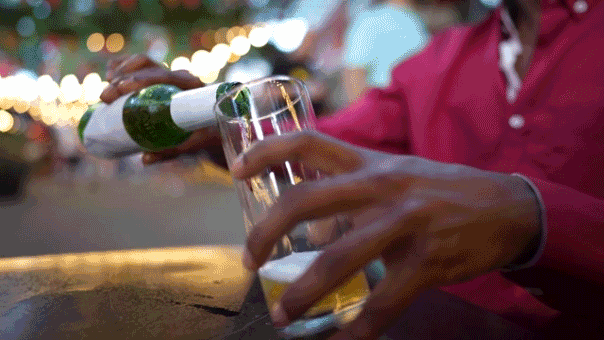






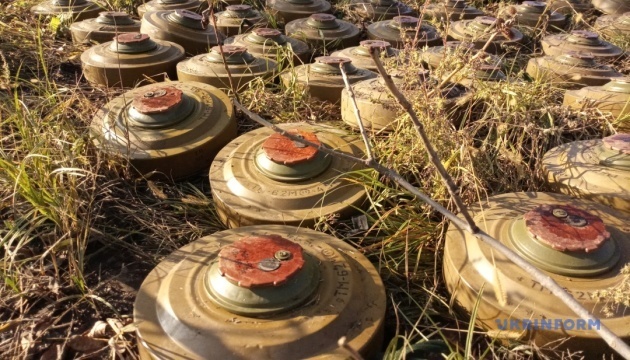
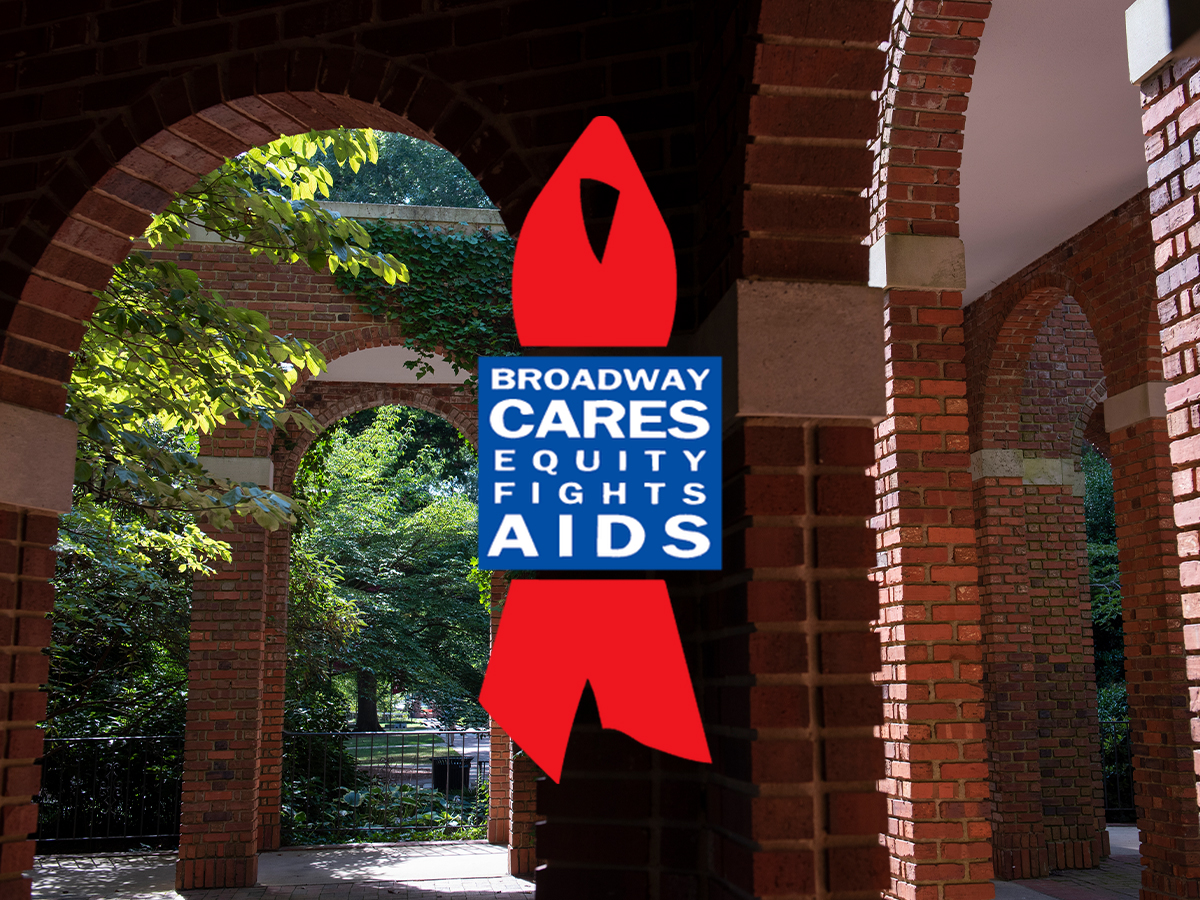
;Resize=620#)







